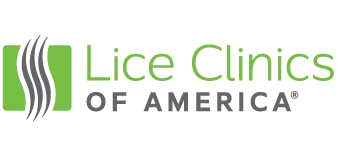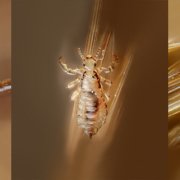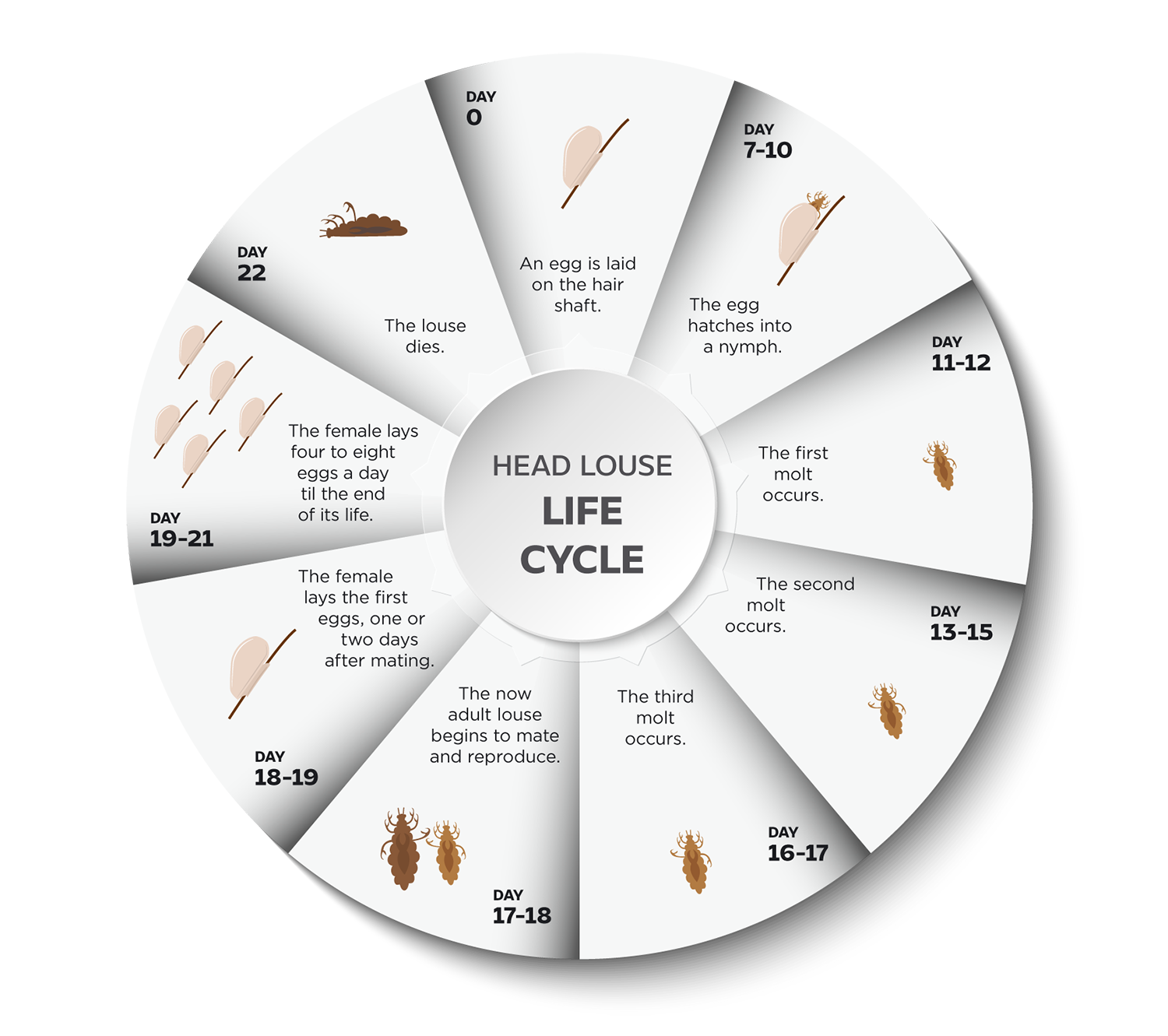The Head Lice Life Cycle
If you have an infestation of head lice in your household, it can feel impossible to get rid of it. Most “natural” home remedies, prescription treatments, and over-the-counter products are ineffective and will simply prolong your frustration. In order to learn how lice spread and how to get rid of them, you’ll need to understand the lice life cycle. Read on to learn more.
From Egg to Nymph
A head louse’s life begins as an egg, also called a nit. The adult female louse lays the egg and attaches it to a human hair strand using an exceptionally strong glue-like substance. Thanks to this “glue,” the nit will remain on the hair throughout all kinds of bathing, swimming, and hairstyling. Lice attach nits ¼ of an inch or less from the scalp so that it can be kept at an ideal temperature before hatching; that means nits farther than ¼ inch from the scalp most likely have already hatched or are not viable.
After approximately eight days, the egg hatches into a nymph. The nymph louse is not yet mature enough to reproduce. The nymph will feed on the host’s blood on a daily basis as it grows and undergoes three molts. Each molt—or shedding of the outer skin—takes approximately three days. This means that it only takes about nine days for a baby louse to become an adult louse!
At Lice Clinics of America – Texas Lice Removal, which has locations in College Station, Tomball, and The Woodlands, we professionally train our technicians to spot lice and nits in the hair and determine whether an active infestation is present. While it’s helpful to periodically check the hair for lice at home, distinguishing nits from dandruff and viable nits from empty or dead nits can be challenging. To save yourself the hassle, schedule a professional head check with us by calling 979-481-6144 for College Station, 832-648-619 for Tomball, or 832-957-0373 for The Woodlands.
Continuing the Cycle
Once the louse finishes its third and final molt, it is then ready to mate and lay eggs. Female lice are capable of laying up to eight eggs per day for about three days, up until they die. That’s as many as 24 eggs per female louse. No wonder a case of head lice can be so hard to get rid of!
When it comes to transferring to a new host, head lice move quickly. They primarily spread to new hosts when there is direct head-to-head or hair-to-hair contact. As this contact occurs, usually during photos, hugs, or sitting and leaning against another person, lice can crawl from head to head in a matter of seconds. It’s easy to see how lice can spread rapidly between kids at school, at summer camp, and even at home.
Treating Head Lice
If you or your loved one has come down with a case of head lice, don’t panic—there are safe, quick, and effective treatments available. At Lice Clinics of America – Texas Lice Removal, you can be completely lice-free in an hour after a professional treatment with the AirAllé device. FDA-cleared and safe for young children, the AirAllé device uses controlled heated air delivered to the scalp to kill over 99% of lice and eggs. With no involvement of harmful pesticides or toxic chemicals, the AirAllé device is a safe and effective method for treating a lice infestation.
About Lice Clinics of America
Lice Clinics of America is the world’s largest network of professional lice treatment centers, with more than 950,000 successful treatments performed in 265 clinics across 20 countries. Lice Clinics of America – Texas Lice Removal has three locations. College Station is located at 4444 Carter Creek Parkway, Suite 101, Bryan, Texas 77802. Tomball is located at 11601 Spring Cypress, Suite C, Tomball, TX 77377. The Woodlands is located at 2219 Sawdust Road, Suite 2003, The Woodlands, TX 77380. Each location is open seven days a week by appointment. Call 979-481-6144 for College Station, 832-648-619 for Tomball, or 832-957-0373 for The Woodlands or visit https://texasliceremovalclinic.com for more information or to schedule an appointment.











